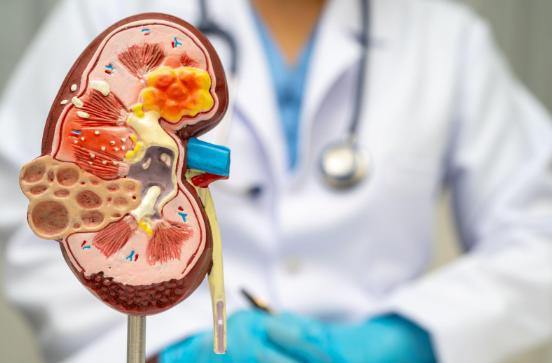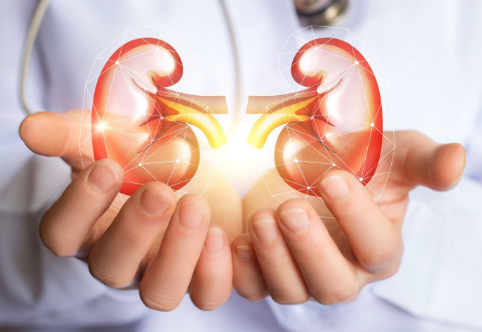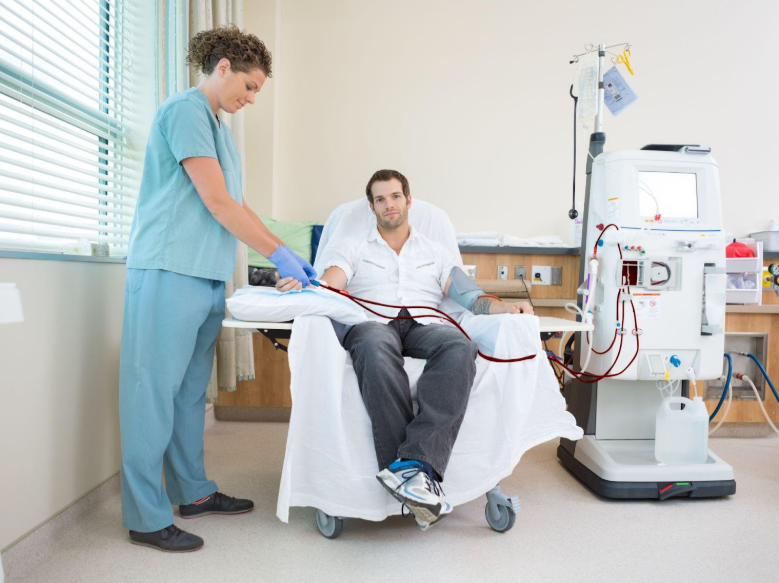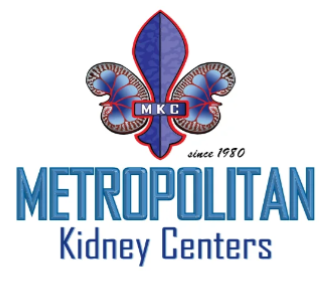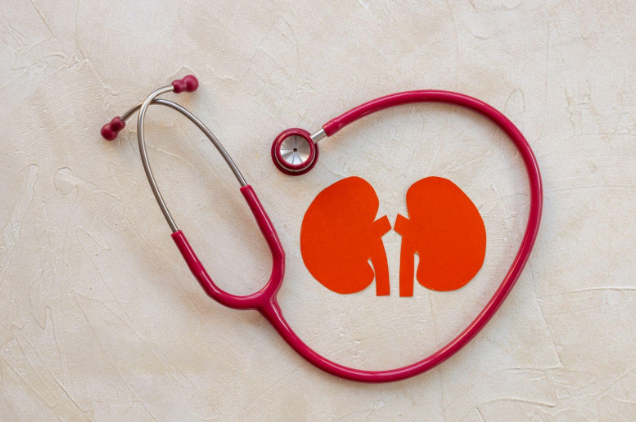What Is the Function of Your Kidneys?

Your kidneys function largely to keep your body healthy and balanced. As the natural filtration system of your body, they tend to get second billing to other organs, such as your heart or lungs, but these small, bean-shaped organs keep you healthy and regulated.
Let’s take a closer look at how kidneys function and why they’re so important.
Filtering Waste and Toxins
One of the primary functions of your kidneys is to filter waste and toxins from your blood. Your kidneys work hard to filter about 200 quarts of blood every day. They filter out waste products and extra fluid that your body doesn’t need in the form of urine (around 1 to 2 quarts every day). By removing these wastes, your kidneys help prevent a buildup of toxins that can harm your body.
Balancing Fluids
Your kidneys are also responsible for maintaining the right balance of fluids in your body. They regulate the amount of water that is excreted or retained, depending on your body's needs. If you drink a lot of water, your kidneys will produce more urine to eliminate the excess fluid. If you're dehydrated, they will conserve water, producing less urine.
Regulating Electrolytes
Electrolytes, such as sodium, potassium, and calcium, are minerals your body needs for various functions. Your kidneys help keep these electrolytes in balance by filtering them out of the blood and reabsorbing what your body needs. This regulation makes sure that your muscles, nerves, and other tissues function properly.
Controlling Blood Pressure
Your kidneys help regulate your blood pressure. They produce an enzyme called renin, which helps control blood pressure by adjusting the size of your blood vessels and the volume of your blood. By maintaining a healthy balance of sodium and water, your kidneys help keep your blood pressure within a normal range.
Producing Hormones
In addition to filtering blood and regulating fluids, your kidneys produce several important hormones. One of these hormones is erythropoietin, which stimulates the production of red blood cells in your bone marrow. Another hormone, calcitriol, is the active form of vitamin D and helps maintain healthy bones by regulating calcium levels.
The Anatomy of the Kidneys
On each side of your spine, just below your rib cage, you can find your kidneys. Each kidney is about the size of a large fist and weighs around 5 ounces. They are well-protected by a layer of fat and your lower ribs.
Inside each kidney are around one million nephrons, which are tiny units whose sole purpose is to filter. Each nephron consists of a glomerulus, which is a small network of capillaries, and a tubule. The glomerulus filters your blood, and the tubule reabsorbs necessary substances while removing waste and excess fluid. Through this process, your body retains all the nutrients, electrolytes, and water it needs, and the balance to help it function properly as well.
Common Kidney Issues
These are some of the more common kidney issues:
Chronic Kidney Disease (CKD)
Chronic kidney disease is a condition where your kidneys gradually lose their ability to function properly. It can be caused by various factors, including diabetes, high blood pressure, and certain genetic conditions. Both early detection and management can help to slow the progression of CKD and prevent complications.
Kidney Stones
Minerals and salts can form hard deposits in your kidneys called kidney stones. They can be incredibly painful when they pass through your urinary tract. Drinking plenty of water and maintaining a healthy diet can help prevent the formation of kidney stones.
Urinary Tract Infections (UTIs)
UTIs can affect any part of your urinary system, and that includes your kidneys. Symptoms include a strong urge to urinate, a burning sensation while urinating, and cloudy or strong-smelling urine. Treat UTIs quickly to stop the spread of infection.
Acute Kidney Injury (AKI)
AKI is a sudden loss of kidney function that can be caused by severe infections, dehydration, or certain medications. AKI requires immediate medical attention and treatment to restore kidney function and prevent long-term damage.
Keeping Your Kidneys Healthy
To keep your kidneys functioning as best they can, try to incorporate the following into your daily lifestyle:
- Stay Hydrated: Water lets your kidneys function properly. Aim to drink at least eight glasses of water a day to help your kidneys filter out waste and toxins.
- Eat a Balanced Diet: Like most organs in your body, a diet that consists of a range of fruits, vegetables, whole grains, and lean proteins can keep your kidneys happy. Salt and processed foods can strain your kidneys, so try to limit your intake of both as much as you can.
- Monitor Your Blood Pressure: Consistently high blood pressure can wreak havoc on your kidneys. Because of this, it’s best to keep your blood pressure in check and take any necessary steps to keep it within a healthy range. This might include reducing your salt intake, exercising regularly, and taking prescribed medications if needed.
- Manage Blood Sugar Levels: High blood sugar levels can damage the blood vessels in your kidneys, leading to kidney disease. If you have diabetes, use resources, such as healthcare providers, to manage it effectively.
- Avoid Overuse of Painkillers: Painkillers such as ibuprofen and aspirin can harm your kidneys if used excessively. Use these medications only as directed, and discuss any concerns with your doctor.
- Don’t Smoke: Smoking can damage your kidneys and increase the risk of kidney disease. If you smoke, consider looking into the many available resources that can help you quit.
- Regular Check-ups: Regular medical check-ups can help detect kidney problems early. If you have risk factors for kidney disease, such as diabetes or high blood pressure, your doctor may recommend regular kidney function tests.
At
Metropolitan Kidney Centers, we offer over forty years of experience in seeing that our patients get the treatment for their kidneys that they need.
Contact us today to learn more about
our services.
